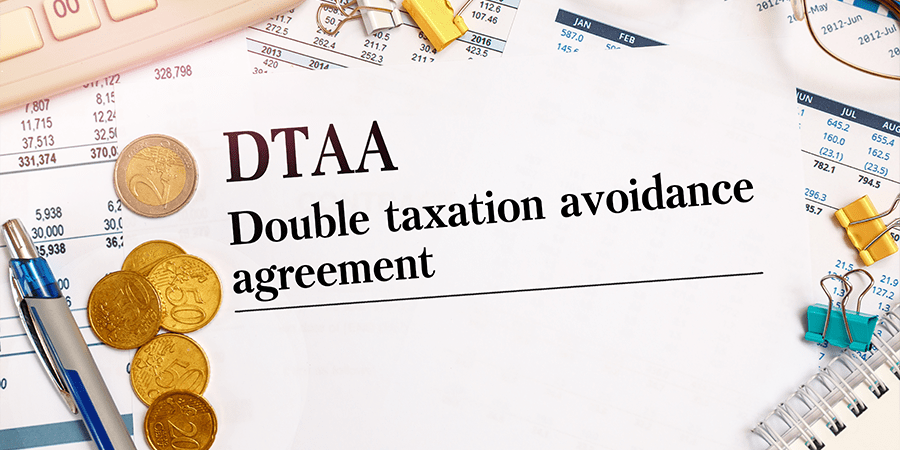
Double Taxation Avoidance Agreement or DTAA is an agreement between two countries which aims to avoid taxation of the same income in both countries. India has comprehensive Double Taxation Avoidance Agreements (DTAA) with 88 (signed 88 DTAAs out of which 85 have entered into force) countries.
Under the Income Tax Act 1961 of India, there are two provisions, Section 90 and Section 91, which provide specific relief to taxpayers to save them from double taxation. Section 90 is for taxpayers who have paid the tax to a country with which India has signed DTAA, while Section 91 provides relief to tax payers who have paid tax to a country with which India has not signed a DTAA. Thus, India gives relief to both kind of taxpayer.
During assessment of an assessee to whom DTAA applies, the provisions of the Income Tax Act apply only to the extent they are more beneficial to the assessee. Provisions of the DTAA prevail over the statutory provisions. Non resident Indians residing in any of the DTAA countries can avail of tax benefits provided under DTAA by timely submission of the following documents.
Tax residency certificate
The Tax Residency Certificate (TRC) can be obtained from the government of the country in which the NRI resides. Certain information in the TRC is mandatory. They have to be furnished to make a valid submission of TRC to the Indian tax deductor.
Name, status (individual, company, firm etc), address, nationality, country, tax identification number of the person in that country, tax status, period for which the tax certificate is issued should all be mentioned in the TRC. The TRC containing details mentioned above should be duly verified by the government of the country or the specified territory of which the NRI claims to be a resident for the purposes of tax.
Self declaration-cum indemnity form
This form is to be submitted in the format prescribed by the particular bank. Information such as account number, country of residence, period for which TRC is submitted, tax rate applicable under DTAA needs to be mentioned in the form.
Other documents
The NRI is required to submit a self attested copy of PAN card and a self attested copy of his passport and visa. If the passport has been renewed during the financial year, a copy of PIO card will also have to be submitted.
Points to note
©2024 SMA Legal